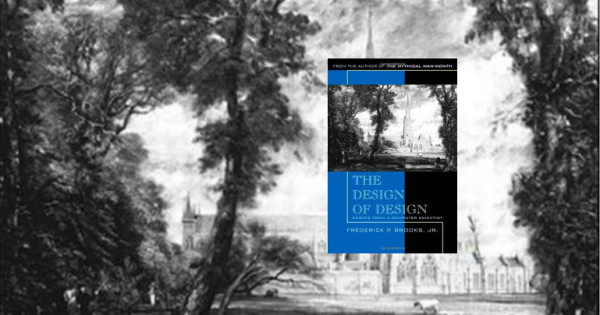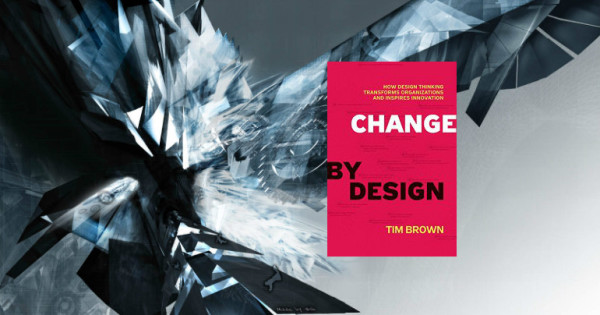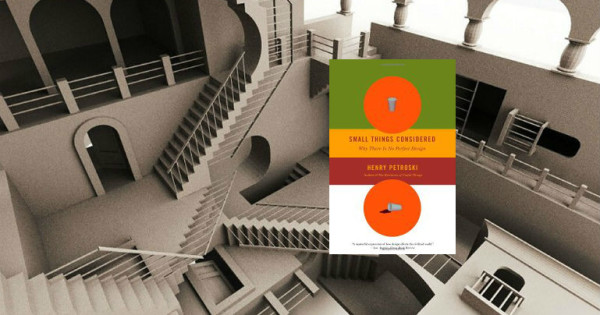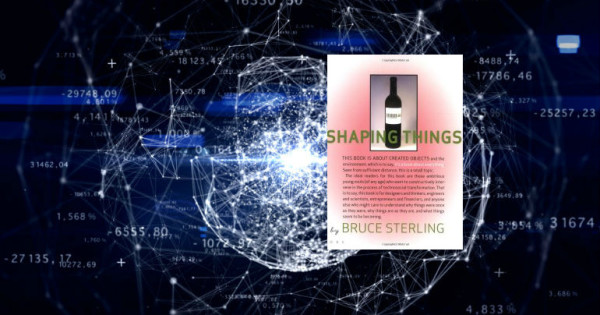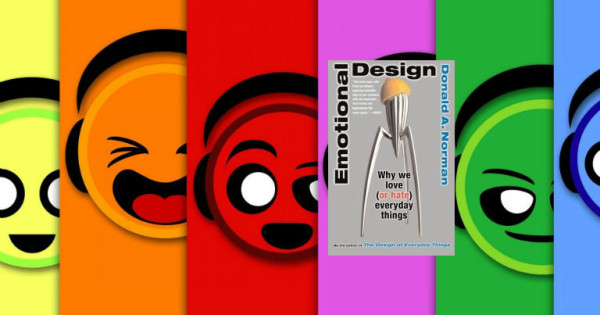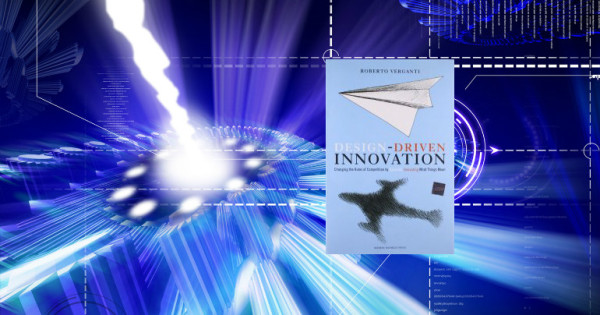-
The Rational Model of Design
The Design of Design: Essays from a Computer Scientist by Frederick P. Brooks Models of design Frederick P. Brooks, who wrote the classic The Mythical Man-Month, begins The Design of Design by describing several models of design. He covers the ubiquitous rational model of design and proposes alternative approaches based on his experience designing complex systems. Brooks believes studying the design ... -
Design Thinking
Design thinking is a method for transformation and value creation that can be applied to business, the environment, and human needs. When applied to large scale issues, design thinking can create solutions that go beyond aesthetics, usability, and profit. Change by Design by Tim Brown In Change by Design, Tim Brown, CEO of IDEO, illustrates how integrative, systems thinking can ... -
Why there is no perfect design
Design always involves choices within a set of constraints and has compromise as its essential characteristic. Everything that is designed is a result of a series of negotiations between materials, manufacturing methods, time, and money. Functional design and user experience can create tension as can price and performance goals. Small Things Considered: Why There Is No Perfect Design by Henry Petroski ... -
The hidden side of everyday things
The Uncommon Life Of Common Objects by Akiko Busch This great set of essays by Akiko Busch explores the depth and meaning of common objects like cereal boxes, strollers, mailboxes, refrigerators, and medicine cabinets. She examines how we create and establish relationships with objects in our daily lives and how objects hold our stories and aspirations. Each essay touches on ... -
Spimes: sustainable technology of the future
Shaping Things by Bruce Sterling Bruce Sterling traces the evolution of things in this short book which contains his vision of ubiquitous computing and sustainability. He describes the evolution of things from artifacts, through machines, to gizmos (present day), to spimes (connected, information rich objects). His vision of an “internet of things” proposes to solve the problem of built-in obsolescence of ... -
Three Levels of Design
We have visceral, behavioral, and reflective responses to the products and services we buy and use. These three levels combine and interact to create our experience and relationships to what own and use. Emotional Design: Why We Love (or Hate) Everyday Things by Donald A. Norman The three levels of design Donald Norman explores the three levels of design and discusses how ... -
Design thinking as competitive advantage
Business people are trained primarily in analytic thinking for the purpose of understanding past events in order to create reliable future results. Design thinking blends analytic and intuitive thinking. The Design of Business: Why Design Thinking is the Next Competitive Advantage by Roger Martin The book brings the traditional analytic mindset and its associated reliability bias into contrast with intuitive ... -
Creating a design discourse with external interpreters
Design Driven Innovation: Changing the Rules of Competition by Radically Innovating What Things Mean by Roberto Verganti Roberto Verganti focuses on two themes in Design Driven Innovation: the creation of meaning through design and the involvement of external interpreters in a continuing design discourse. Unlike the user-centered design philosophy, design-driven innovation radically innovates meanings by creating privileged relationships with key interpreters who ...
